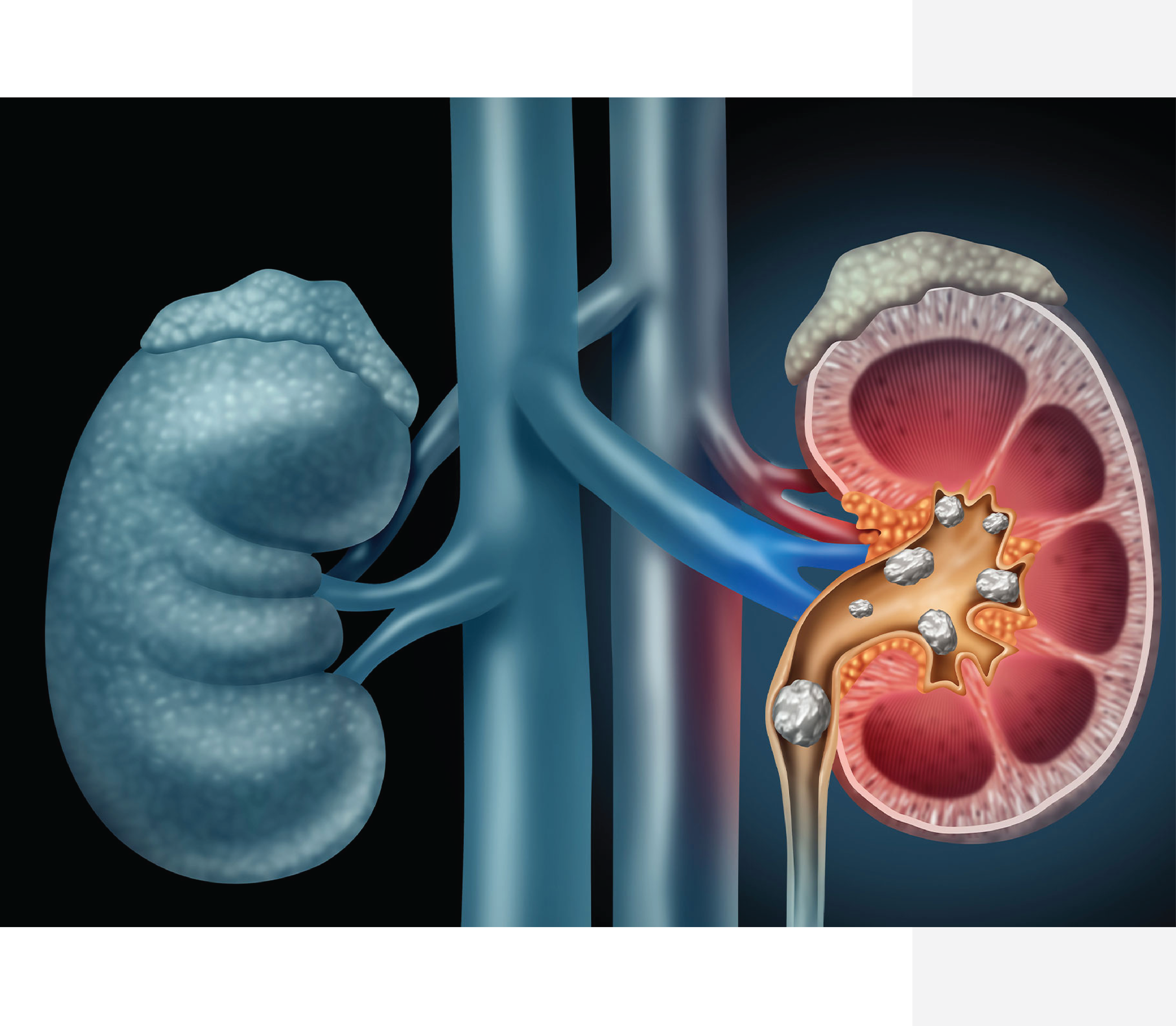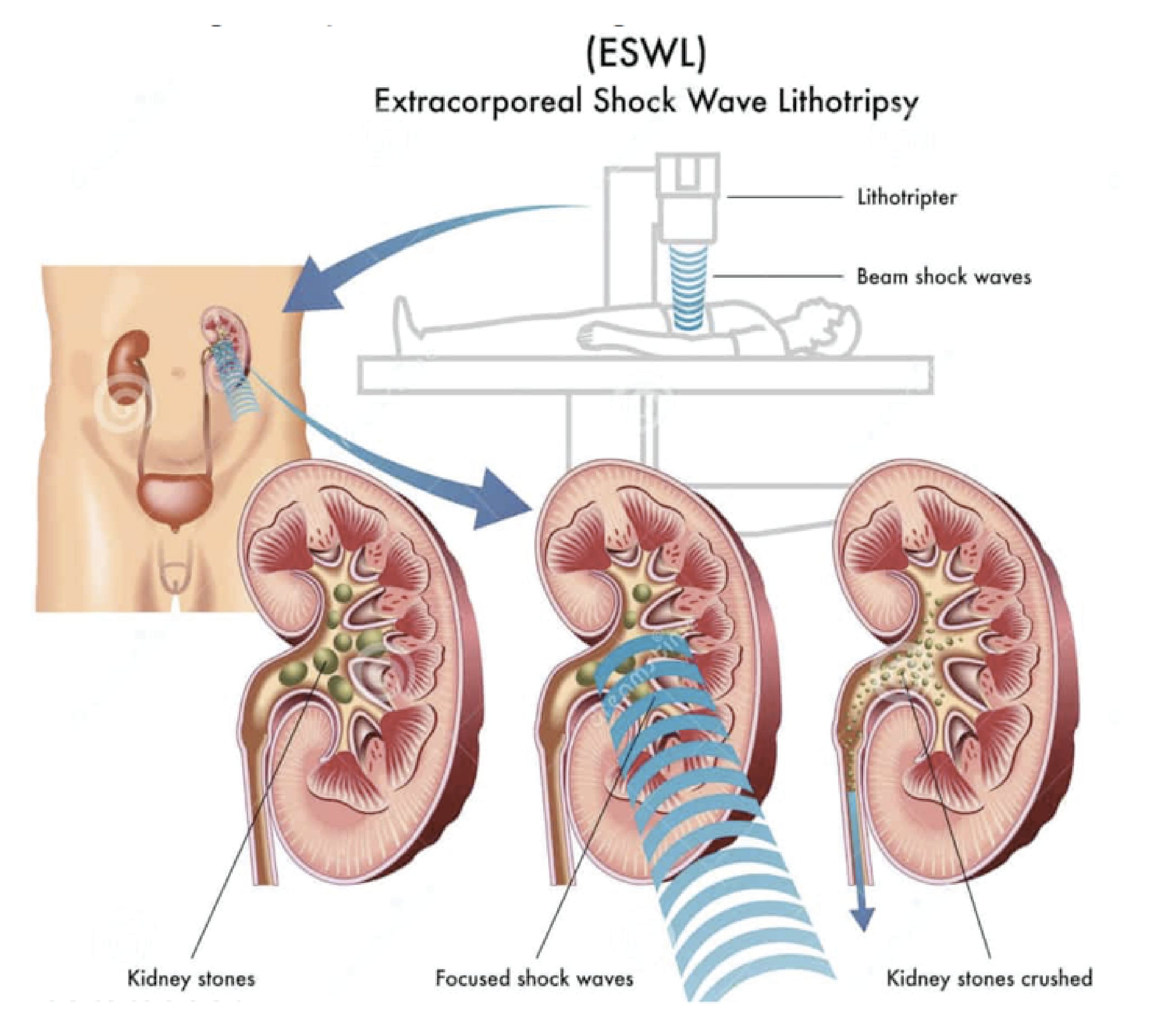
The information provided on this website is intended for educational purposes for patients and the general public.

The information provided on this website is intended for educational purposes for patients and the general public.

The information provided on this website is intended for educational purposes for patients and the general public.

Kidney stones are a common and often painful condition caused by the formation of mineral deposits in the kidneys. At Deepak Hospital, a range of advanced treatment options is available to manage and resolve kidney stones effectively.
Understanding Kidney StonesOverview: Kidney stones are hard deposits of minerals and salts that forms Stone in the kidneys and bladder. They can vary in size and may cause severe pain as they pass through the ureter. Common symptoms intense pain in the back side, blood in the urine, frequent urination, and nausea.
1. Non-Surgical Treatments
2.Surgical Treatments
At Deepak Hospital, expeart team of Doctors offer expert care for kidney stones with a focus on the latest treatment techniques and patient-centered care. Our team is dedicated to providing effective solutions, managing symptoms, and ensuring the best possible outcomes for each patient.
For more details, reach out to Deepak Hospital at: 9653298239 | 9136069739 | 022-28121883
Back
Copyright © 2025 Deepak Hospital. All rights reserved. Design by Madmen Ad Agency